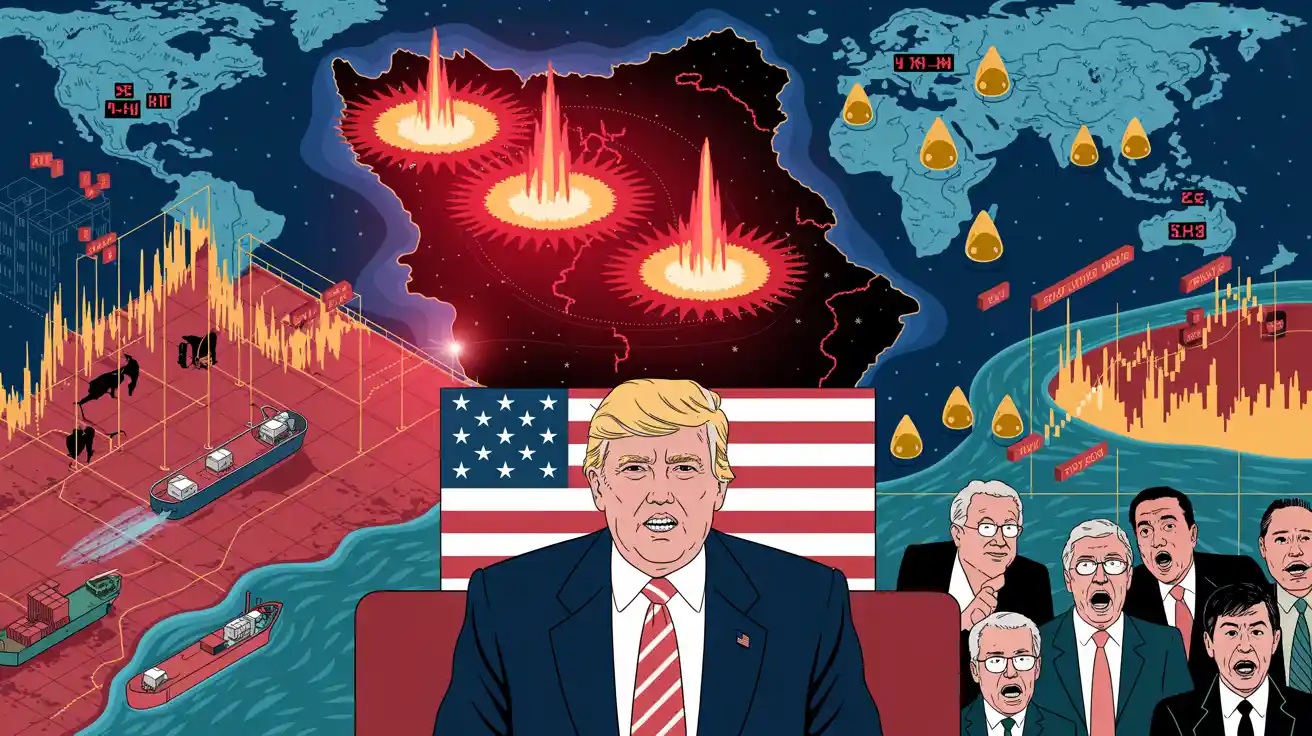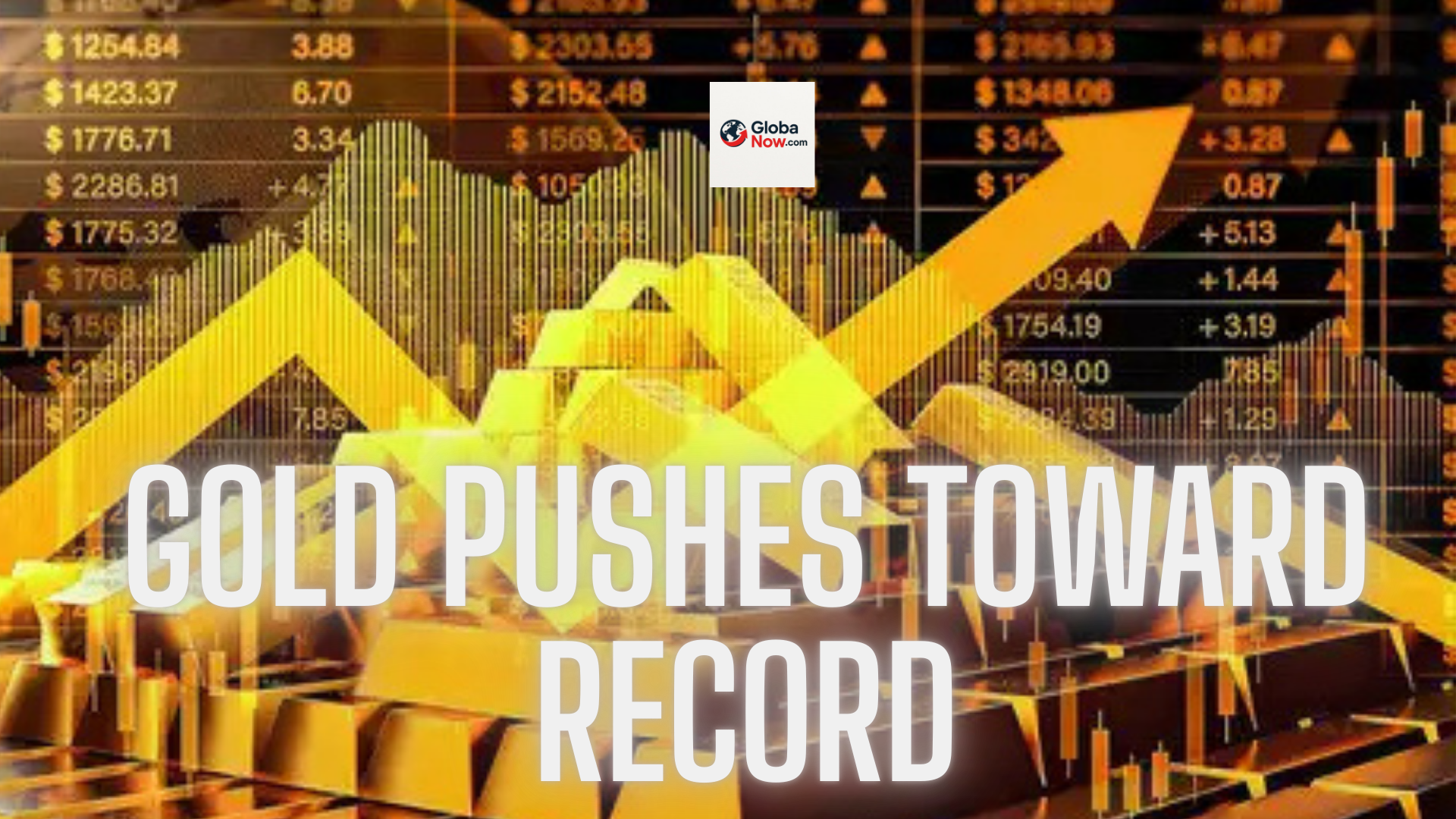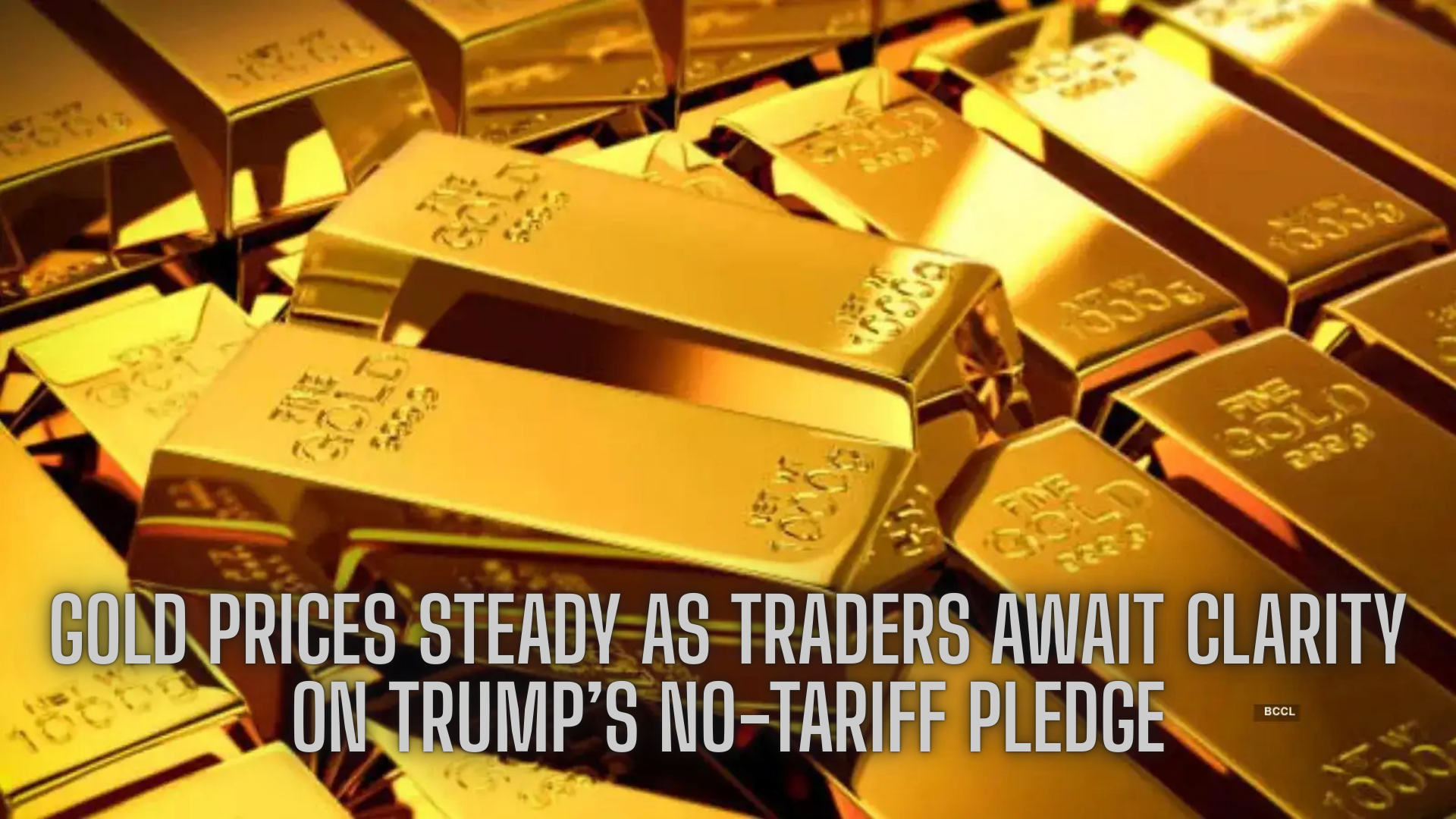In a bold and highly consequential move, U.S. President Donald Trump announced on Saturday that the United States had launched what he described as a “very successful” strike on three of Iran’s key nuclear enrichment sites. Declaring from the Oval Office, Trump claimed, “Iran’s key nuclear enrichment facilities have been completely and totally obliterated.”
This action marks a dramatic shift in U.S. foreign policy, with Washington formally joining Israel’s ongoing military campaign against Tehran — a development that analysts say could reshape both regional dynamics and global financial markets in the days and weeks to come.
Though most markets were closed for the weekend when the news broke, early reactions began trickling in — most notably from the cryptocurrency space. Ether slid more than 5%, while Bitcoin dipped by about 1%, offering the first taste of investor jitters as geopolitical tensions surge.
Below, we break down how leading financial experts and market strategists are interpreting the fallout and forecasting the implications of this historic strike.
Oil Prices: Spike Imminent, Then What?
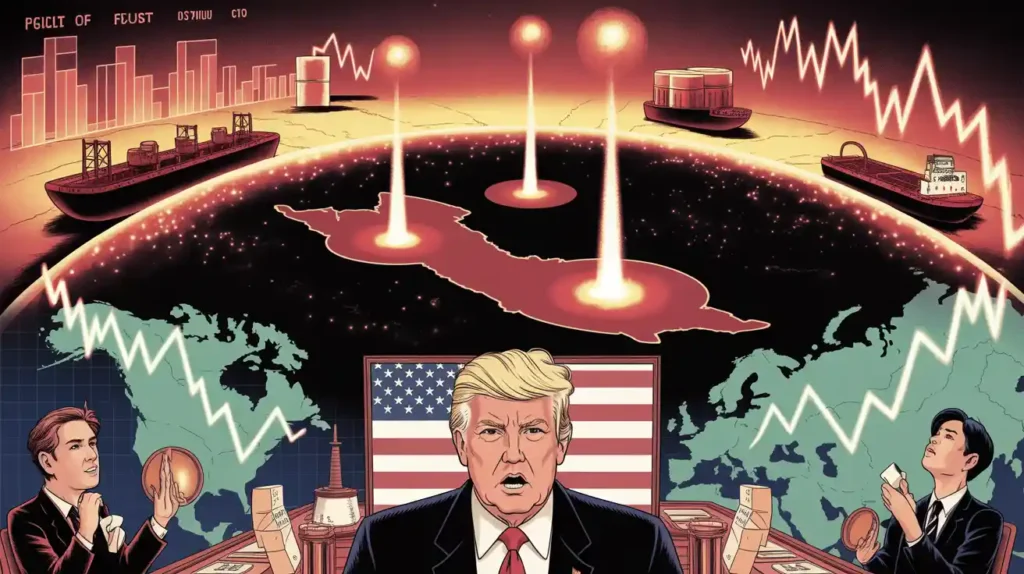
Jamie Cox of Harris Financial Group expects an immediate surge in oil prices — a typical response in times of Middle Eastern conflict.
“Oil is sure to spike on this initial news,” he said, but added that prices may stabilize quickly if the attack is seen as a “one-and-done” event. He also noted that with Iran’s nuclear capabilities significantly damaged, its bargaining power has weakened. “They’ve lost all of their leverage and will likely hit the escape button to a peace deal,” Cox concluded.
But others were more cautious.
Mark Spindel, CIO at Potomac River Capital, warned that markets might not be so easily reassured. “Even though Trump has described this as ‘done,’ we’re engaged. What comes next?” he asked. “The uncertainty is going to blanket the markets,” especially since U.S. interests in the region could now be targets of retaliation. Expect volatility, particularly in energy.
Alex Morris of F/M Investments echoed this, predicting that crude could quickly climb to $80 or more once trading resumes. “That’s the next stop as a knee-jerk reaction,” he said, adding that the timing of the attack on a Saturday was likely intentional — to allow time for global markets to digest the shock before opening.
Is the Stock Market in for a Rough Ride?
Not necessarily, according to some.
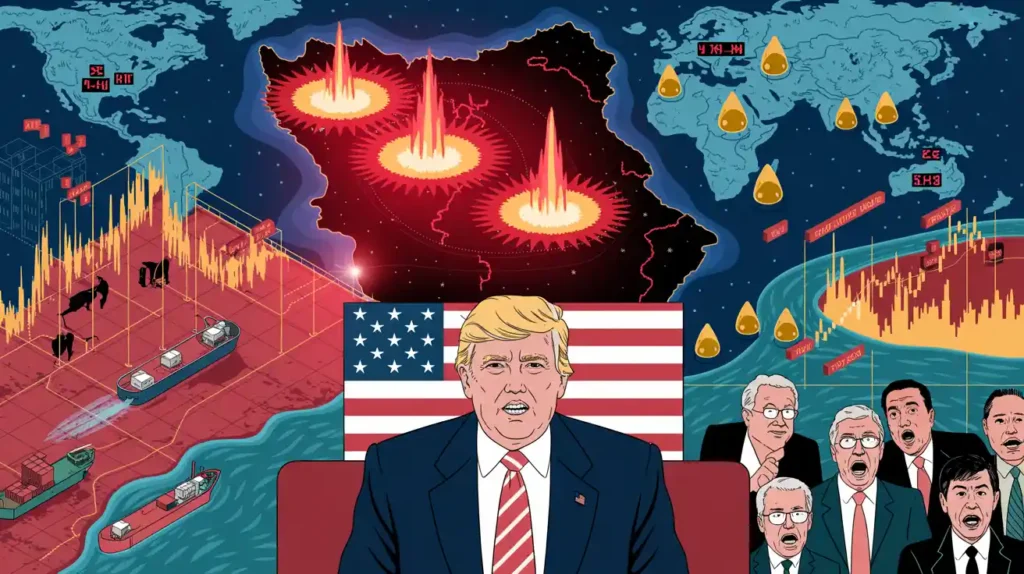
Mark Malek, Chief Investment Officer at Siebert Financial, sees the strikes as a potential positive for equities — at least in the short term.
“Had this been dragged out with constant speculation, we would’ve had two weeks of volatility,” he said. “Now that a clear action has been taken, markets could interpret this as decisiveness and stability.”
Malek stressed that much will depend on whether this was a limited military action or the beginning of a broader conflict. “If this is a ‘one and done’ situation, that’s reassuring,” he noted. However, he pointed out a key risk: the Strait of Hormuz, a crucial oil transit chokepoint. “If Iran retaliates by threatening that passage, it could change everything.”
Jack Ablin of Cresset Capital was less optimistic, warning that this move introduces “a complicated new layer of risk” that investors will need to price in. He also flagged the potential inflationary effects of rising energy costs.
The Global View: Asia on Alert
The escalation reverberates far beyond U.S. borders. Rong Ren Goh, portfolio manager at Eastspring Investments in Singapore, called the bombing “a significant escalation” that drags the U.S. deeper into the Iran-Israel standoff and introduces heightened geopolitical risk across markets.
For Asia, the most immediate concern is energy.
“Higher oil prices are particularly painful for Asia’s import-heavy economies,” Goh said. A sustained conflict could mean inflation spikes and weaker economic growth in the region. He also predicted a short-term flight to safety, with capital flowing into the U.S. dollar and away from Asian risk assets.
The Big Unknown: How Will Iran Respond?
Much of the market’s trajectory will depend on how Iran chooses to respond.
According to Saul Kavonic, a senior energy analyst at MST Marquee in Sydney, a de-escalation is possible — but unlikely.
“This U.S. attack could pressure Iran into backing down,” he said, “but it’s more probable that Iran retaliates by targeting U.S. interests across the region or disrupting oil infrastructure.”
He warned that if Iran follows through on past threats — such as obstructing maritime traffic in the Strait of Hormuz — oil could surge toward $100 per barrel. “The information warfare that appears designed to have caught Iran off guard has also caught oil markets off guard to a degree,” Kavonic added.
What About the Fed and Inflation?
With inflation still a hot-button issue, any sustained increase in oil prices will be watched closely by central banks. But Christopher Hodge, Chief U.S. Economist at Natixis, offered some reassurance.
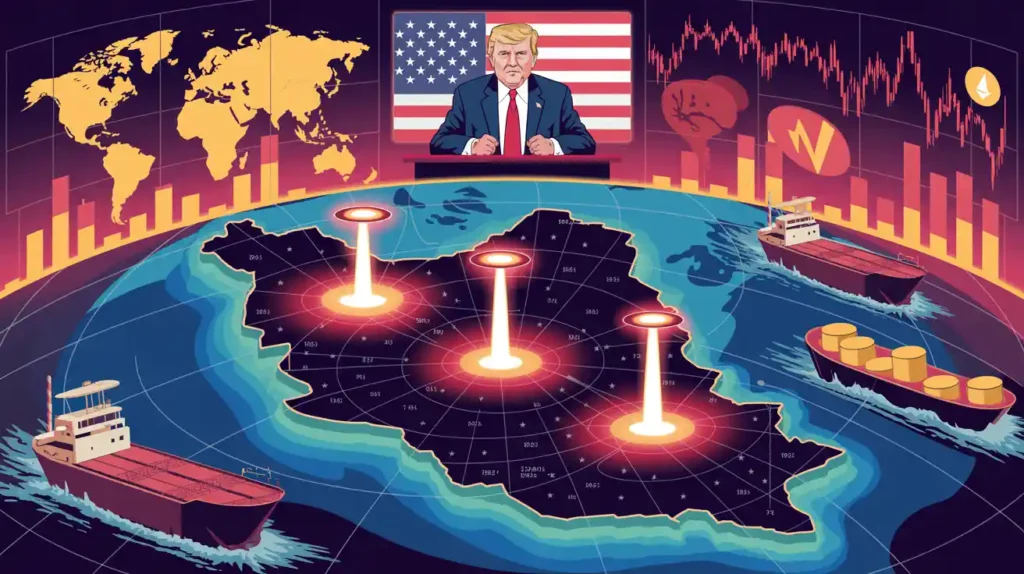
“If the oil price jump is temporary, the Fed won’t likely overreact,” Hodge said. “Short-term spikes are viewed more like a tax on consumers, reducing demand, rather than fueling runaway inflation.”
He also noted that initial reports suggest the strikes were “targeted and discriminating,” which, if true, could mean that Iran’s oil export capacity remains intact — a critical factor in containing broader economic fallout.
Worst-Case Scenarios and Fallout Risks
Some experts are considering the darker possibilities.
Eric Beyrich, portfolio manager at Sound Income Strategies, warned that if nuclear materials were compromised or fallout occurs, “all bets are off.”
“In that scenario, Iran would feel cornered — and could resort to commissioning attacks on U.S. embassies or other targets abroad,” he said, underlining the threat of asymmetric warfare.
Conclusion: Market Calm Before the Storm?
As global markets prepare to open on Sunday evening, investors are bracing for turbulence. With cryptocurrencies already reacting and oil expected to surge, the broader financial landscape is likely to experience a wave of re-pricing and strategic repositioning.
For now, the world waits — not just for the opening bell, but for Tehran’s next move. Whether the U.S. strike will lead to peace talks or wider war remains the trillion-dollar question hanging over global markets.
One thing is clear: the geopolitical chessboard has shifted, and investors are already calculating their next moves.

